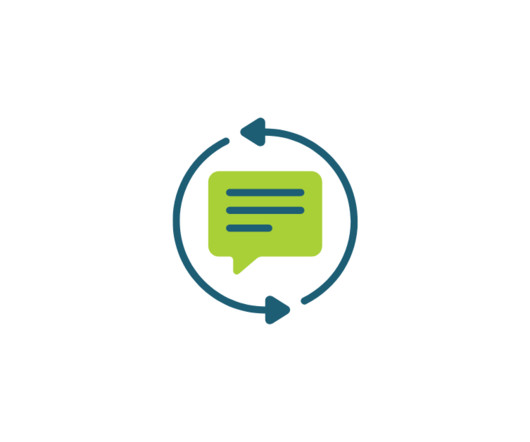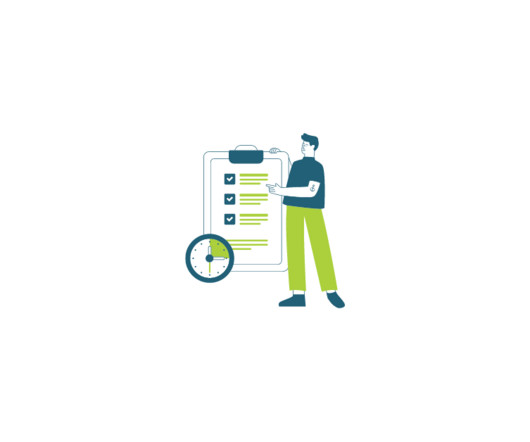Shift to Providing Feedback as Students Work
Catlin Tucker
JULY 2, 2023
How can pulling feedback into the classroom help students develop confidence and improve their self-regulation skills? Feedback is one of the most powerful tools a teacher has to support students in achieving standards-aligned goals. Feedback also Provides clarity on learning goals and expectations.












Let's personalize your content